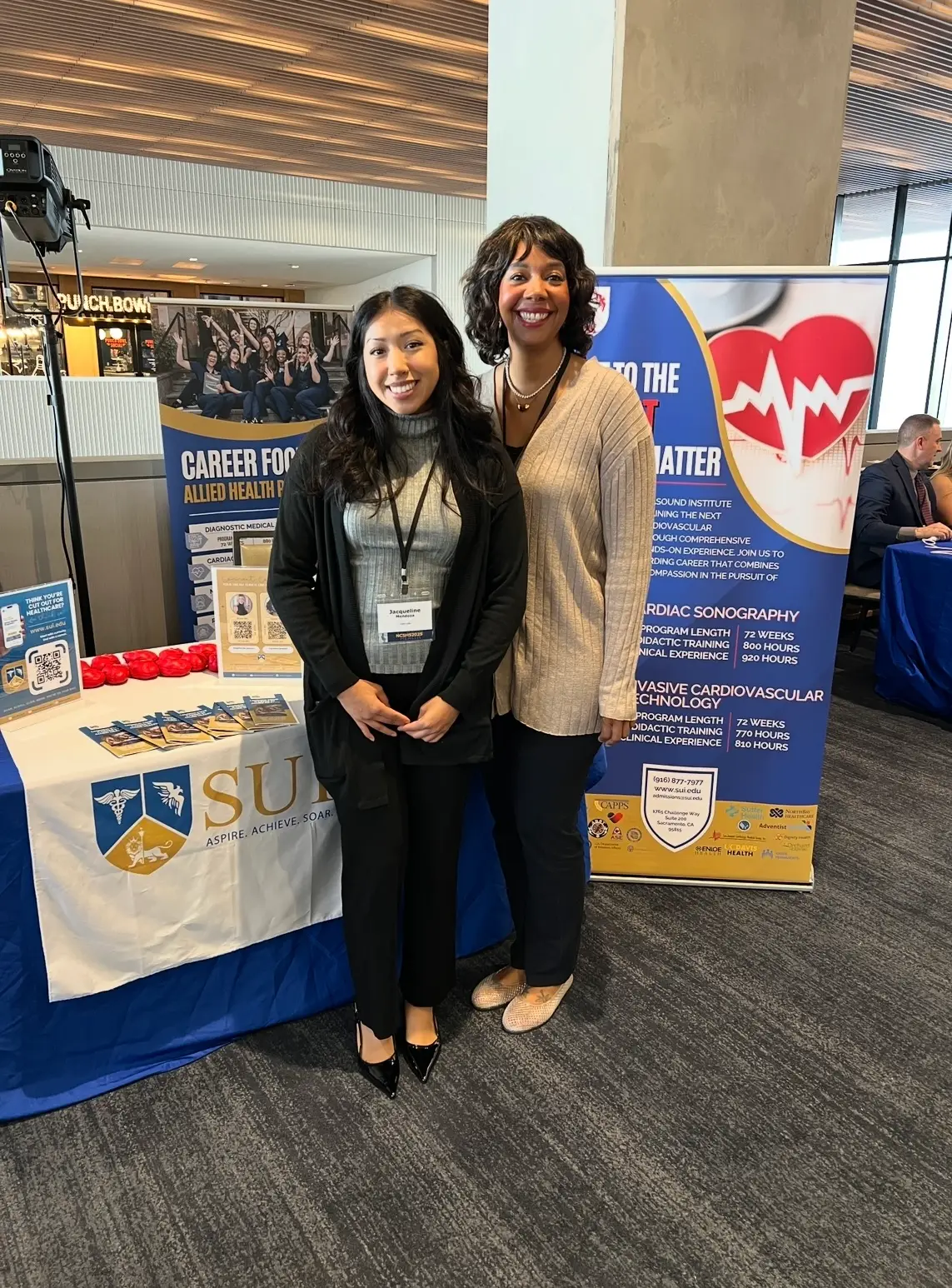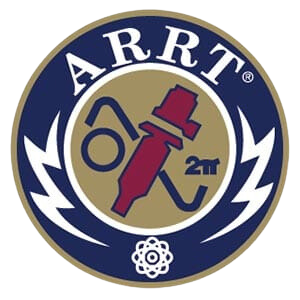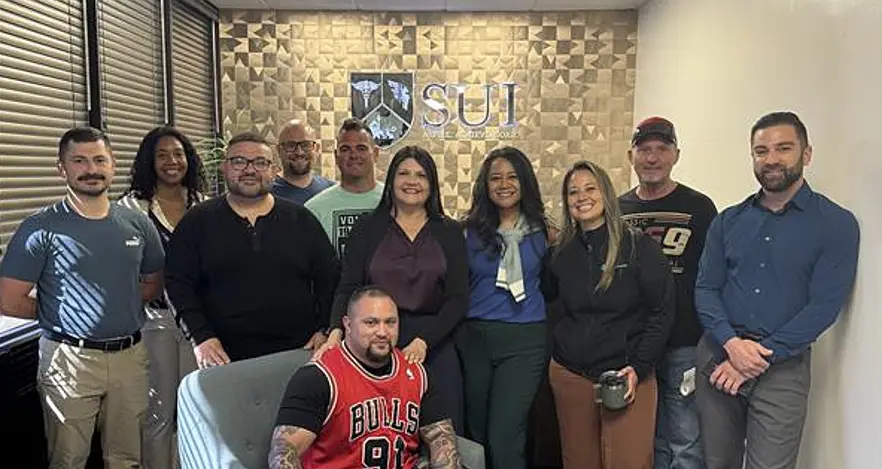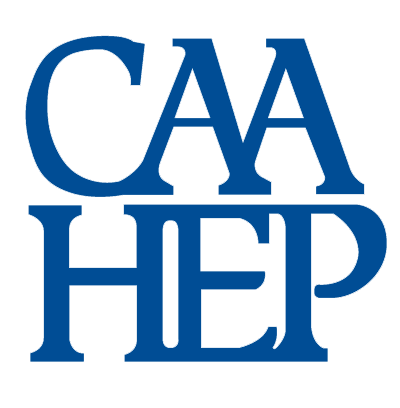On Saturday, November 8th, Sacramento Ultrasound Institute had the privilege of attending UC Davis Health’s 2nd Annual Northern California Structural Heart Summit as a Platinum Sponsor. This highly regarded full-day event highlighted the latest innovations, clinical strategies, and multidisciplinary approaches in structural heart disease management. Hosted by UC Davis Health, the summit brought together leading interventional cardiologists, cardiac surgeons, imaging specialists, APPs, nurses, and allied health professionals from across the region. SUI was honored to support and participate in a gathering that reflects the cutting edge of cardiovascular care and education. The Northern California Structural Heart Summit serves as a premier educational platform dedicated to advancing the care of patients with structural heart disease. The event focuses on emerging transcatheter therapies, advanced imaging techniques, and program development strategies that are transforming today’s cardiac care landscape. This full-day summit featured: SUI values opportunities like this to stay connected with the broader cardiovascular community and to ensure our programs continue to align with the evolving needs of the field. Our participation as a Platinum Sponsor reflects SUI’s commitment to supporting ongoing clinical education, professional collaboration, and innovation in cardiac imaging and cardiovascular health. We are proud to stand alongside leaders in the field and continue strengthening the connections that elevate the quality of care in our region. We look forward to future opportunities to engage with the cardiovascular community and contribute to events that inspire growth, learning, and excellence in patient care.
ABHES Accreditation: What It Means for Your ARRT Exam Eligibility
When researching Radiologic Technology (RT) or MRI schools, most prospective students focus on tuition, schedules, and clinical sites. But there’s one critical question every applicant should ask before enrolling: “Will this program qualify me to take the ARRT certification exam?” Understanding ARRT and Accreditation The American Registry of Radiologic Technologists (ARRT) sets the national standard for certification in imaging fields such as Radiography, MRI, and other radiologic sciences. To become certified, you must graduate from a program that’s accredited by an agency recognized by the ARRT. Most students have heard of JRCERT (Joint Review Committee on Education in Radiologic Technology) or CAAHEP — and for good reason. JRCERT is one of the most common accrediting bodies for Radiography programs. But JRCERT and CAAHEP aren’t the only accrediting bodies recognized by ARRT. ABHES Is Also Recognized by ARRT The Accrediting Bureau of Health Education Schools (ABHES) is one of the few agencies that the ARRT officially recognizes as meeting its educational standards. This means that graduates of ABHES-accredited RT or MRI programs are fully eligible to apply for ARRT certification — the same as graduates from JRCERT-accredited programs. ABHES accreditation ensures: You can view the ARRT’s official list of recognized accrediting agencies here:👉 ARRT Recognized Accreditation Agencies Why This Matters When Choosing a School Unfortunately, not all imaging schools prepare students for ARRT eligibility.Some programs may offer training in Radiologic Technology or MRI but lack accreditation from a recognized agency. Graduating from one of those programs can prevent students from ever sitting for the ARRT exam — effectively limiting their ability to become licensed or employed in most states. That’s why accreditation should always be your first consideration when comparing schools. SUI’s Commitment to Accredited Excellence Sacramento Ultrasound Institute (SUI) is institutionally accredited by ABHES, an ARRT-recognized accreditor.Our accredited programs in Radiologic Technology and Magnetic Resonance Imaging (MRI) meet all eligibility standards required for ARRT certification. At SUI, students receive hands-on clinical training, instruction from experienced technologists, and academic preparation to pass the ARRT exam and begin rewarding careers in diagnostic imaging. Before You Enroll Before committing to any RT or MRI program, take a moment to verify the school’s accreditation status. It could be the difference between a degree — and a lifelong career. Check the ARRT’s full list of approved accrediting agencies here:🔗 ARRT Recognized Accreditation Agencies
SUI Partners with Sutter Modesto to Launch Pilot Invasive Cardiovascular Technology Program
Sacramento Ultrasound Institute (SUI) is proud to announce the launch of a pilot Invasive Cardiovascular Technology (ICVT) training program in partnership with Sutter Modesto. This collaboration represents an exciting new chapter in cardiovascular education and workforce development in California’s Central Valley. The pilot program, recently featured by HMP Global Learning Network, highlights SUI’s commitment to partnering with leading healthcare providers to deliver innovative, hands-on training for future cardiovascular technologists. Expanding Access to Advanced Cardiovascular Education The partnership with Sutter Modesto provides students with direct access to a real-world cardiac catheterization lab, offering immersive, hands-on learning in invasive cardiovascular procedures. Through this pilot initiative, students gain valuable clinical experience while meeting the growing demand for qualified technologists in the region. Accreditation and Program Excellence On January 31, 2025, SUI’s ICVT program officially received CAAHEP accreditation, recognizing its adherence to the highest national standards in allied health education. The program combines rigorous academic instruction with clinical training in interventional cardiology, electrophysiology, and vascular procedures. A Collaborative Vision “This pilot program with Sutter Modesto allows us to extend opportunities for advanced clinical training beyond our main campus,” said Samuel Yarmagyan, Chief Operating Officer of Sacramento Ultrasound Institute. “Our goal is to bridge education and clinical practice, ensuring that hospitals like Sutter Modesto have access to well-trained, workforce-ready cardiovascular technologists.” Read the Full Story The pilot program was recently featured by HMP Global Learning Network:Groundbreaking Invasive Cardiovascular Technology Training Program Launches
ICVT Program Receives CAAHEP Accreditation
Sacramento Ultrasound Institute is proud to announce that the Invasive Cardiovascular Technology (ICVT) program has officially received accreditation from the Commission on Accreditation of Allied Health Education Programs (CAAHEP).This recognition affirms SUI’s commitment to maintaining the highest standards of education and clinical training for future cardiovascular technologists. Students enrolled in the ICVT program can now benefit from a nationally accredited curriculum designed to prepare them for success in the field of cardiovascular care.
A Career in Sonography: How Sonographers Improve Lives
There were various versions of previous ultrasounds, but sonography was first introduced for medical purposes in the 1950s by Dr. Ian Donald in Glasgow.[1] Since its first use, medical sonography has evolved in accuracy and efficiency while being integrated into care after commercial units became available in the 1960s. Ultrasound continues to evolve as a vital tool in the modern medical office. Why does ultrasound play such a significant role in medicine? Since its start after the 2nd World War[2], ultrasounds changed the world of diagnostics and its related treatment. Medical professionals have been able to use ultrasound images to observe the body as never before. Sonography has been particularly powerful in diagnosis serious illness with speed. An added benefit of sonography is that it can be utilized for scanning several areas of the body. You can specialize in echo/cardiac, pediatric, obstetrics/gynecology, vascular, and more! Think of all the benefits of being able to view the entirety of the inside of the body. Are you ready to change lives? Consider a career in sonography! [1] The Medical Assisting with Phlebotomy program is starting soon! With options in the morning and evening, the time to jump start your career is now! [2] https://www.smithsonianmag.com/innovation/a-brief-history-of-the-sonogram-180978732/ Visit SUI’s Program Page to learn more about SUI’s healthcare training programs and the Admissions page to learn more about getting started.
General or Cardiac: Two Sonography Programs at SUI
Sacramento Ultrasound Institute (SUI) prides itself on preparing its students for careers in allied health. The Diagnostic Medical Sonography program is the school’s oldest program, educating sonography students since 2001. In 2022, SUI also introduced the Cardiac Sonography program, the only cardiac sonography program in the greater Sacramento area. So, what’s the difference between the two programs? While BOTH programs will provide instruction on Anatomy and Physiology, Physics and Instrumentation, and Foundations of Sonography, the physiological focus will depend on the program. The Cardiac Sonography program’s preliminary classes will focus on understanding the heart in-depth, while the General program will provide a more whole-body approach. After students have a foundational understanding of ultrasound and the body, classes will provide hands-on training. General Sonography students will cover the Abdomen & Small Parts, Obstetrics/Gynecology, and Vascular/Arterial. Cardiac Sonography students will scan the heart. Externships provide all students with real-world scanning experience focused on the student’s specialty focus. What program sounds best to you? Our advice: focus on what excites you the most and pursue it! Dr. Bashir Noori, Cardiac Program Director with SUI Cardiac Sonography Students Check out the Cardiac Sonography & General Diagnostic Medical Sonography program pages to learn more!
Sacramento Ultrasound Institute and StraighterLine Partner to Offer Students Affordable, Flexible Prerequisite Courses
Washington-Baltimore/Sacramento, CA (May 16, 2022) — StraighterLine, the leading provider of affordable online college courses, is proud to partner with the Sacramento Ultrasound Institute (SUI) to provide students an affordable way to earn credit for general education courses on their path to a career in the medical field. Students can choose from 25 StraighterLine courses in subjects such as business, English, mathematics, psychology, communications, medical terminology, and anatomy and physiology to help them meet admission requirements. “We are excited to partner with StraighterLine to offer our students a more affordable and flexible path to achieve their goals of becoming an MRI technologist, a general or cardiac sonographer,” said Samuel Yarmagyan, Chief Operating Officer of SUI. “Our partnership allows students to complete their prerequisites online to focus on learning their discipline and becoming proficient in their field at SUI.” SUI specializes in providing General and Cardiac Diagnostic Medical Sonography, MRI Technology, Medical Assisting, and Phlebotomy Technician training. Unlike generalist schools, SUI’s focus is on specific areas of healthcare, allowing the student to gain a deeper understanding of their discipline and develop expertise. Jobs in the medical field are rapidly growing, and that growth is not limited to physicians and nurses. According to the U.S. Bureau of Labor Statistics, employment for medical assistants is projected to grow by 18% between 2020 and 2030. Likewise, the job outlook is expected to grow 9% for MRI technologists and 14% for medical sonographers between 2020 and 2030. There is no better time than now to enter the medical field. “At StraighterLine, we want to help students succeed on their path to the career of their choice,” said Heather Combs, CEO of StraighterLine. “We are thrilled to partner with SUI to provide valuable courses that help students pursuing a career in the medical field the ability to take the classes they need on their own schedule and save money in the process.” Built and managed by educators, StraighterLine Connect offers institutions a flexible, affordable way for students to take general education courses that easily transfer via a credit articulation and referral partnership. With no upfront or ongoing costs, partnering with StraighterLine allows schools to allocate their resources where they are needed most. Pathways are specifically tailored to consist of only the course selections that meet the institution’s needs. Schools can choose from 60+ American Council on Education (ACE) Credit recommended general education courses. In addition, students who take courses through StraighterLine Connect receive free eTextbooks, live student support, and 24/7 free on-demand tutoring and writing help online. “One of the greatest benefits of taking online courses through StraighterLine is our wraparound student support,” said Combs. “We provide students with all the resources, tutoring, tools, and flexibility they need to succeed.”
What Every Future Echocardiographer Should Know
Choosing to become an echocardiographer is a big commitment, so we are sharing some advice to help you make an informed decision about whether it is the right career for you! The heart is a fascinating organ, and its contribution is immense. A career in cardiac sonography can be extremely rewarding. Cardiac sonographers work closely with cardiologists, and they play a key role in the health care system. The results of the echocardiogram test will give cardiologists a look inside the patient’s heart, allowing them to be able to give a diagnosis and initiate an appropriate treatment plan. Individuals that are interested in meaningful, fast-paced, patient-centered work, also with decent pay, will enjoy a career in cardiac sonography. What is your advice for future echo techs? Students should master their knowledge in Cardiac Anatomy, Physiology and Ultrasound Physics; these contents are the foundation of cardiac sonography. All health care workers are expected to put the patient care in the center of their work. Protect your health and professional career by using good ergonomics. Cardiac Sonography programs will vary in structure and schedule. However, all programs should consist of didactic and lab training with an extensive externship to gain clinical experience, fulfill competency requirements, and learn the daily job responsibilities of an echocardiographer. Cardiac Sonography programs should prepare you to become a registered entry-level echocardiographer. Think that Cardiac Sonography is right for you? Continue your research about the field of Cardiac Sonography! You might also consider exploring both paid and volunteer opportunities to provide you with more insight about medical careers! Lastly, make sure that you are on the right educational path toward applying to echocardiography programs. Each Cardiac Sonography programs will have different admissions requirements. Learn more about SUI’s HERE. Register here to learn more about SUI’s Cardiac Sonography program or watch the recorded webinar here. For More Information: FAQ Program Prerequisite Info Financial Aid
SUI Cares Act Cash Grant
General Information Sacramento Ultrasound Institute has received funding through the Higher Education Emergency Relief Fund authorized by the Coronavirus Aid Relief and Economic Security (CARES) Act. The College signed and returned to the Department the Certification and Agreement and the assurance that the institution intends to use, no less than 50 percent of the funds received under Section 18004(a)(1) of the CARES Act to provide Emergency Financial Aid Grants to students. The College has been authorized to receive $19,915.00 to provide direct emergency checks/direct deposit grants to college students whose lives and educations have been disrupted by the coronavirus outbreak. To date, the College has not distributed any grants to students. As of 5/8/20, the College is in still gathering student information to determine eligibility in accordance with Section 18004(a)(1) of the Cares Act prior to distributing Emergency Financial Aid Grants. The College estimates that approximately 50 students are eligible to receive these funds under Title IV, Section 484 of the Higher Education Act of 1965 and thus, is eligible to receive Emergency Financial Aid Grants provided for by the CARES Act. The College is collecting applications and using information from the Free Application for Federal Student Aid (FAFSA) to determine the students with the greatest need. This data will guide us in prioritizing which students will receive the Emergency Financial Aid Grants and how much each student will receive. Our goal is to maximize the distribution and efficiency of the funds provided under the CARES Act. Emergency grant amounts will be awarded to students with qualifying costs and prioritized based on need. A Committee has been established and they will review applications on an ongoing basis, until all funds are spent, in the order applications are received. The college will spend its share of the CARES Act funds in one calendar year. Eligibility Requirements Per the Department of Education’s guidance, students are eligible for CARES Act funds if they meet Federal Title IV requirements such as, but not limited to: Eligible as determined by the Free Application for Federal Student Aid (FAFSA) U.S. citizenship or eligible noncitizen* Valid Social Security number Registration with Selective Service (if the student is male) Maintain satisfactory academic progress in their course of study, and Do not owe a refund on grants previously received or in default on any federal student loans Additionally, students must have been enrolled in at least one class prior to March 13, 2020. If you already filed a FAFSA and received Title IV aid, you may be eligible for CARES Act funds. * Generally, you are an eligible noncitizen if you are (1) a permanent U.S. resident with a Permanent Resident Card (I-551); (2) a conditional permanent resident with a Conditional Green Card (I-551C); (3) the holder of an Arrival-Departure Record (I-94) from the Department of Homeland Security showing any one of the following designations: “Refugee,” “Asylum Granted,” “Parolee” (I-94 confirms that you were paroled for a minimum of one year and status has not expired), T-Visa holder (T-1, T-2, T-3, etc.) or “Cuban-Haitian Entrant;” or (4) the holder of a valid certification or eligibility letter from the Department of Health and Human Services showing a designation of “Victim of human trafficking. Definition of a Qualifying Situation Sacramento Ultrasound Institute’s CARES Act funds for students will be used to cover expenses related to the disruption of campus operations due to coronavirus. This includes, but is not limited to, eligible expenses under a student’s cost of attendance, such as food, housing, course materials, technology, health care, and childcare expenses. Financial Aid General [email protected] Forms CARES Act Grant Application All students must complete SUI’s CARES Act Student Emergency Grant Application in order to be considered to receive funds. Direct Deposit Form Students are able to receive the funds by direct deposit or by check. If you wish to receive grant by direct deposit, please complete the form Direct Deposit Form Complete FAFSA Only students who are eligible to participate in Federal Title IV programs may receive CARES Act funds. If you have not already filed a FAFSA and are receiving Title IV aid, complete one now. Q & A: CARES Act Student Relief Program Do I need to complete an application to be considered for CARES Act funds?Yes, you are required to complete SUI’s online CARES Act Student Emergency Grant Application and you must have a 2019-20 Free Application for Federal Student Aid (FAFSA) on file at SUI. Why do I need to complete the FAFSA to be considered for CARES Act funds?Per the Department of Education’s guidance, only students who are eligible to participate in Federal Title IV programs may receive CARES Act funds. Therefore, if you already filed a FAFSA and are receiving Title IV aid, then you are eligible to apply for CARES Act funds. What are my options if I’m not eligible for Title IV aid through the FAFSA?If you are not eligible for Title IV aid as determined by completing a FAFSA, then you will not be considered for CARES Act funds. Is there a deadline to apply for CARES Act funds?Applications will be considered on an ongoing basis until all funds are spent, in the order applications are received. The Committee’s goal is to distribute these funds as widely as possible to assist many students. Therefore, award amounts may be limited. What expenses can I receive grant funds towards?You can request grant funds to help towards expenses related to the disruption of campus operations due to coronavirus. This includes, but is not limited to, eligible expenses under a student’s cost of attendance as determined by the Financial Aid Office, such as food, housing, course materials, technology, health care, and childcare. Who reviews the CARES Act application?A Committee has been established and will consider applications on an ongoing basis until all funds are spent, in the order applications are received. How much emergency grant aid will I receive?The Committee will determine the amount based on the results of your online application. Emergency grant amounts will be awarded to
SUI Presents at the 14 th National ABHES Conference
Sacramento Ultrasound Institute (SUI) Presents at the 14 th National ABHES Conference: Accrediting Bureau of Health Education Schools (ABHES) promotes educational excellence, best practices and best results SACRAMENTO, Calif.— Sacramento Ultrasound Institute (SUI) shares a “7-Step Process on Leadership and Motivation” with the leaders of ABHES-accredited Health Education Schools nationwide at the 14 th National ABHES Conference. The leadership and motivation session, developed and delivered by SUI Development Director/Motivational Speaker Anush Gagua, is designed specifically for the CEOs/Leadership of Educational Institutions. “This strength based leadership and motivational session shares the psychology beyond peak performance. It provides a practical 7-step process that the CEO’s can use to create sustainable success and motivation with their staff. It gives the participants the tools and the mindset they need to take their staff to the next level, as taught by the masters in the personal/professional development industry, such as Tony Robbins, John Maxwell, and more,” says Anush Gagua, SUI Development Director and Success Coach. More than hundred education leaders from different Allied Health Schools attended the leadership and motivation session, by SUI Development Director/Coach Anush Gagua, at the ABHES conference, held at beautiful Renaissance Indian Wells Resort and Spa. It was one of the highly attended sessions of the ABHES National conference, showcasing the important role of professional development and motivation in educational success. Sacramento Ultrasound Institute has experienced a major growth in the past year, including receiving ABHES accreditation, financial aid and most importantly many student success stories, by making the coaching and professional development a priority for its staff and students. The 14th National ABHES Conference on Allied Health took place from February 22-24, 2017 in Palm Springs, California. This event every year brings together the best of the best in postsecondary health care education. Each year’s conference promises an industry-current agenda that features dynamic keynote and special guest speakers from industry leaders, educators, and those in the know regarding issues facing health care education. An array of informative and timely breakout sessions aim to assure attendees gain a renewed dedication to health care education and most importantly, the students served. Sacramento Ultrasound Institute (SUI) is an accredited and reputable school in Sacramento for all who want to build a career in Diagnostic Medical Health in only 18 -24 months. SUI is accredited by ABHES, the Accrediting Bureau of Health Education Schools and is a member of CAPPS. The Diagnostic Medical Sonography Program at SUI has been preparing general sonographers for the past 15 years now. The school also prepares MRI technicians and Echo-cardiographers. SUI is the only private postsecondary school in Sacramento that offers a Degree in MRI and Cardiovascular Sonography. The school provides Federal Financial Aid for ultrasound students and secures clinical sites for all students. SUI students upon completion are eligible and ready to take their ARDMS & ARRT exams. The school takes pride in helping students move to high-paying jobs. For more information about Sacramento Ultrasound Institute, please visit www.sui.edu.




